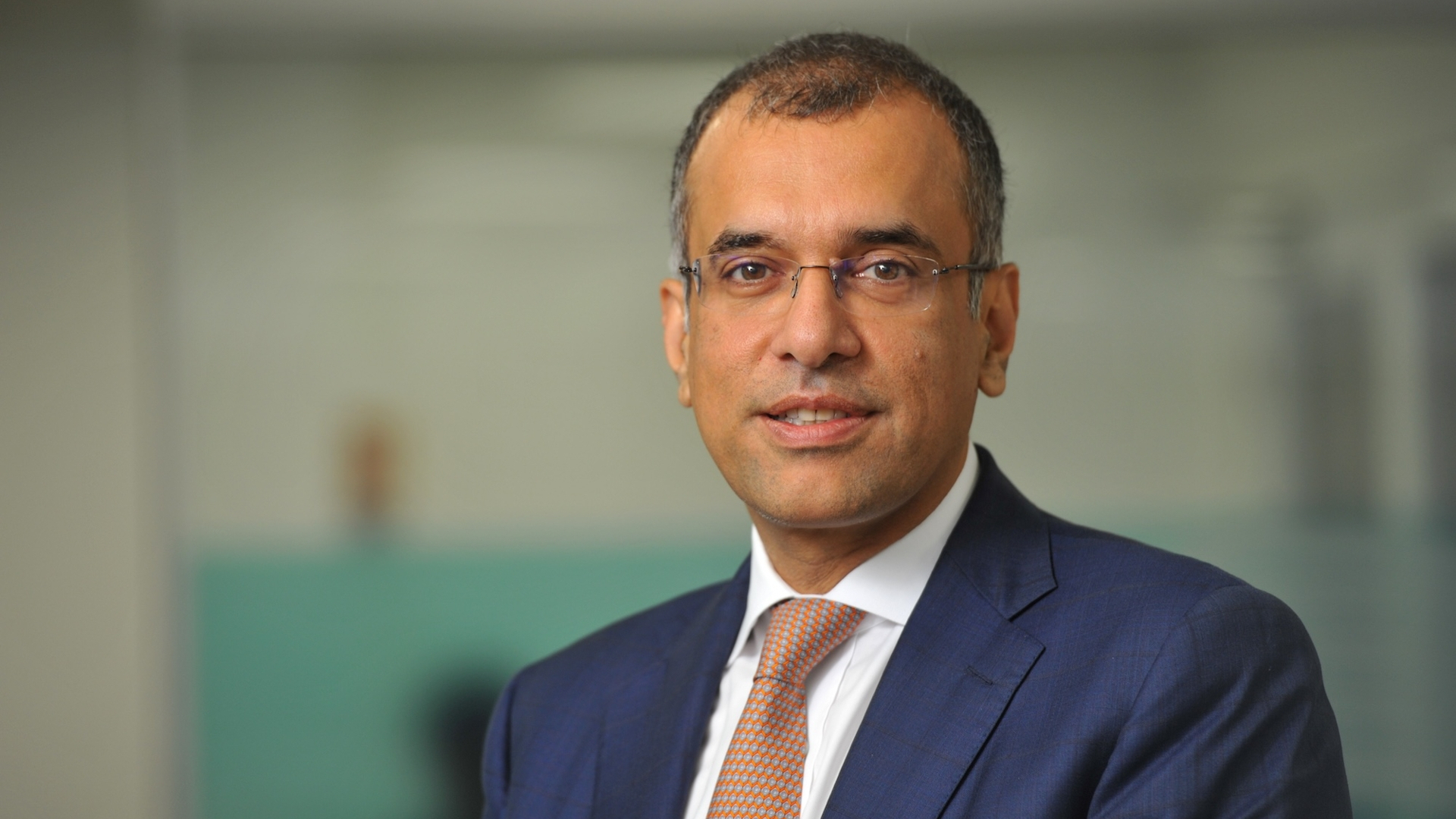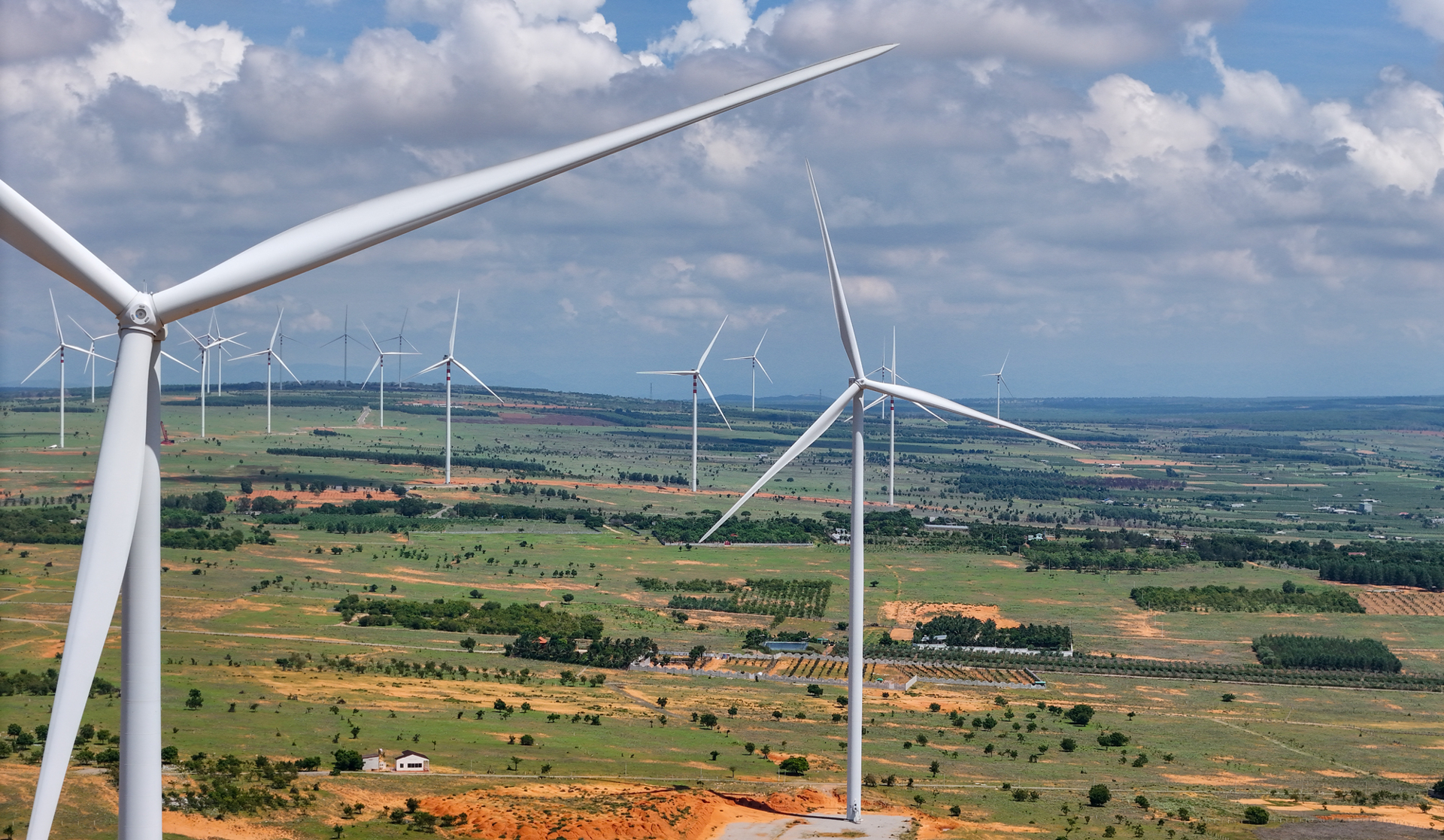Vietnam turns semiconductor vision into action
The global semiconductor industry is being reshaped by geopolitical tensions, shifting supply chains, and the surge of digital technologies.




The energy transition is bringing forth new challenges, particularly in refining financial systems.

It is unusual to feel nostalgia when you glimpse the future. Seeing an electric rickshaw for the first time, I couldn’t help but smile remembering the spluttering sound of rickshaws which filled the crowded Indian streets of my youth.
New electric models are quickly becoming a more common sight in those parts of Southeast Asia which share that three-wheeled transport tradition.
Electrification is the readily available alternative to the burning of fossil fuels to power our cars, buses, and boilers. The emissions associated with producing that electricity will matter greatly. Southeast Asia’s economic dynamism has analysts projecting the region’s annual energy consumption could triple over the three decades to 2050.
Renewable energy is now the cleanest and most cost-effective way to meet this relentless demand.
By decoupling economic growth from carbon emissions, ASEAN will follow the path established in developed economies like the US, where GDP has more than doubled since 1990 even as emissions have fallen. To be sure, part of that was due to the deprecation of manufacturing in some Western countries, but cleaner energy production mattered most.
For ASEAN to achieve net zero, the amount of energy generated by renewables must roughly triple by the end of this decade. Bringing these clean power sources onto the grid can deliver the bulk of the deep emissions cuts before 2030.
Following this, the maturing of cost-competitive cleaner technologies will enable faster decarbonisation in the ‘hard-to-abate’ sectors, such as steelmaking and aviation.
However, achieving this pace requires collaboration. Financial institutions and private, public, and philanthropic organisations have made tangible progress in recent years to coordinate change. Strengthening these partnerships can help scale renewables, channel capital to where industries need it most, and address the challenge of coal.
There are three reasons for optimism.
First, ASEAN enjoys vast potential to deploy solar and wind. However, installing new renewables at multiples of current capacity will demand significant funds. That means rebalancing from the current 50-50 ratio of investment in fossil fuels and low-carbon sources to 3:1 in favour of cleaner sources.
Adding up the net zero commitments made by financial institutions shows there is plenty of money available to address this. The hold ups are more operational.
In addition to the complex criteria commercial banks must apply to emerging markets, bankable deals and feasible contract structures can be hard to identify in many countries.
Policymakers can help to unblock this through building a pipeline of bankable projects to enable and accelerate the deployment of private capital.
Second, policies can scale innovative financing. This means deploying more blended finance which combines public sources, such as multilateral development banks, with private capital from financial institutions.
The financial plumbing to facilitate this remains unfinished.
Today most blended finance contracts are customised from transaction to transaction. Therefore they are rarely repeatable. Establishing contract templates for wind, solar, and other renewables would provide consistency and comparable projects to help banks evaluate risk.

Third, ASEAN can tackle the coal challenge with collaboration. At present around 450 coal plant units produce most of Southeast Asia’s energy, with long operating lifespans. Finding ways to retire these coal plants early and replace them with renewables is necessary to meet net zero targets.
Policymakers can support financial institutions to participate in the early retirement of coal-fired power, as part of a broader plan to build renewables and grid infrastructure.
Just Energy Transition Partnerships (JETPs) in Indonesia and Vietnam are promising examples. These multilateral financial agreements bring together G7 countries with financial institutions and national governments, aiming to accelerate coal phase-out as part of a broader energy transition.
Our collective challenge today is to shift from concept to transactions. This is where the hard yards are. Solutions need to be scalable so the public sector can participate and the private sector can finance. Credibility and replicability are key, which is only possible through enhanced public-private partnerships.
Coal policies have focused on halting new generation but they have not yet moved toward a managed phase-out of existing plants. The rapid scaling of renewables shows what is possible when the economics and policy align. Ember, an independent think tank, projects a dramatic turning point this year with global energy emissions falling for the first time.
That progress is thanks to the same sort of innovation that made modern tuk-tuks electric, quiet, and clean. I expect that story to be repeated many times on the long road towards net zero. Partnership can enable the necessary financing to be available, affordable, and scalable across ASEAN.
*Surendra Rosha is co-chief executive for Asia-Pacific at HSBC
The global semiconductor industry is being reshaped by geopolitical tensions, shifting supply chains, and the surge of digital technologies.
The change in APA approval authority is expected to shorten processing time and enhance business proactiveness in international tax negotiations.
As hybrid cloud systems grow more complex, Vietnamese enterprises are struggling to detect cybersecurity threats moving laterally within their own networks.
The submission of the draft resolution on Vietnam’s international financial center to the National Assembly heralds a new developmental era for the country.
More than just running a 5-star resort, Kristian Petersen is redefining the art of hospitality with a humane and sustainable leadership philosophy.
For Tyna Huynh, co-founder of Drinkizz, organic is not just a food choice but a way of life that fosters a deep connection between people, nature and community.